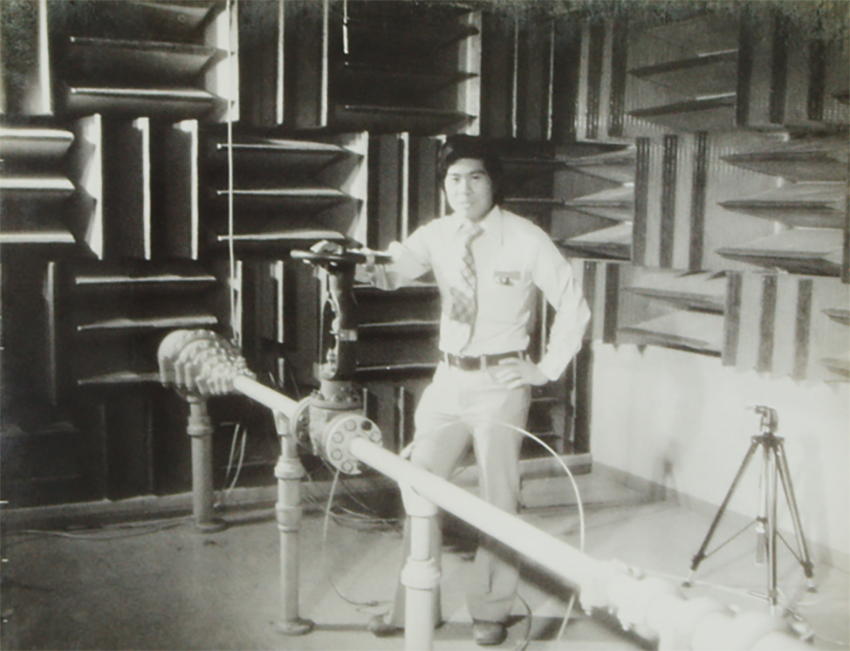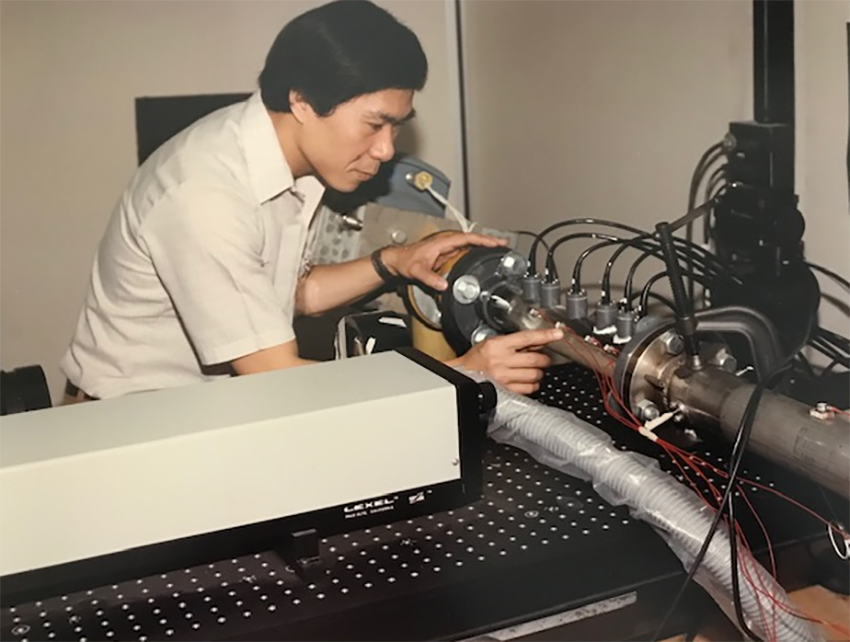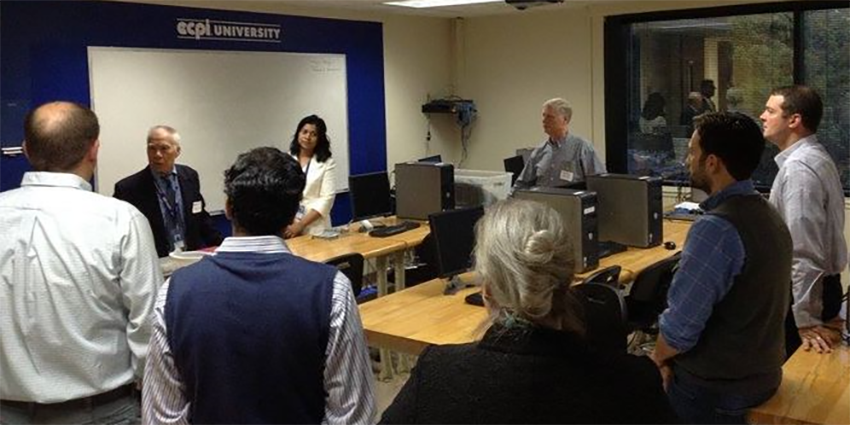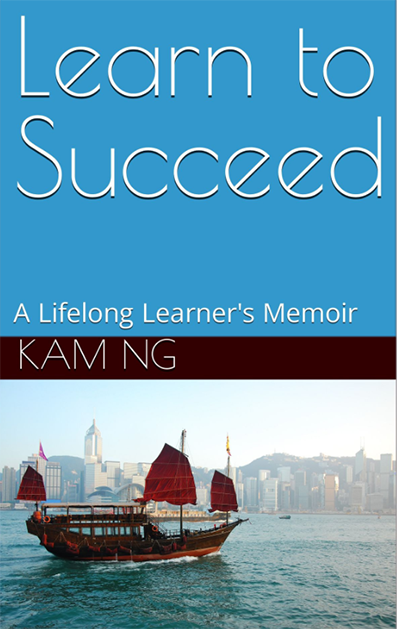
Kam Ng's children keep trying to persuade him to stop school and they have a point: the retired grandfather of two has been in one formal education program or another - almost without interruption - since arriving in the United States from Hong Kong at the age of 14.
Starting with an undergraduate degree in Mechanical Engineering from Cooper Union, Kam serendipitously qualified for an internship on a NASA-funded program at Syracuse University that was researching acoustics. Despite having no prior experience in the field, he learned quickly and the experience ended up profoundly changing the trajectory of his life.
Upon graduation, Kam faced an exceptional choice: Pratt & Whitney had recruited him for an acoustical engineering job in East Hartford, CT and he was also accepted into graduate engineering programs at MIT, Stanford, and Northwestern. As the son of a hard-working immigrant family who could scarcely afford to send him away to school, he chose to work for Pratt & Whitney instead - for its competitive salary and generous tuition-reimbursement program. After graduating from Cooper Union in May, and beginning his new job at Pratt that summer, he then enrolled at what was then called the Hartford Graduate Center, now Rensselaer at Work the following September. Over the next few years, during the day he worked to reduce the tremendous noise generated by jet engines while at night he, along with many co-workers, worked on his master's degree in Mechanical Engineering.
"Undergraduate degrees are for fundamentals," Kam says, "while graduate degrees are for application." The knowledge he gained from both his ever-increasing education and its practical application led to a position with ITT Grinnell where he developed quieter valves for industrial applications. This work led to his joining the Naval Undersea Warfare Center where he engineered quieter launcher systems for submarines. The Navy was so impressed with his work that they paid him to take a year off to fulfill a lifelong goal and earn a PhD in Mechanical Engineering.

Kam's successes with the submarine program caught the attention of the military brass and he was transferred to the Pentagon where he landed his dream job at the Office of Naval Research (ONR). Over the course of 20 years at the ONR, Kam provided funding to conduct research into the military's most pressing technological challenges: acoustics and noise control engineering, hydrodynamics, electronics, materials science, robotics, signal processing, energy, power conversion, and much, much more - most of it classified. With an annual budget reaching $900 million, Kam needed wide-ranging knowledge of all technical fields, requiring constant study so that he could consistently ask the fundamental questions: "What problem does this research intend to solve?" and “How do we bring the matured technology to the battlefield?”.
The work was exciting and Kam would often arrive at the office an hour before everyone else because he loved it so much. He also began to travel all over the country and the world, including Australia, Europe, Russia, and his native Hong Kong.
Yet, at the same time, he somehow found time to discover and nourish a new love: teaching. Armed with his PhD, Kam began teaching at local colleges after hours. "Teaching and learning go hand-in-hand," Kam says. "You can't teach without learning and you learn best when you teach." Indeed, despite his lack of expertise in Electrical and Electronics Engineering, Kam convinced the administration to allow him to teach college-level Electrical Engineering courses because he was so committed to learning the material in advance of his own students.

Kam also stayed committed to furthering his own formal education, picking up an MBA, an MA in International Commerce & Policy, and various fellowship programs.
Finally, in 2012, after more than 30 years of working for the Defense Department, Kam "retired" but continues to consult for his own companies and other ventures and, of course, to teach and learn.
His two most important students now are his grandchildren, for whom he wishes to distill a lifetime of learning into a culture that they will know and appreciate. So, in his spare time, Kam is writing books for them and self-publishing them on Amazon. Ever the engineer, he appreciates that not only does he earn a small royalty from the book sales, he also does not have to pay server fees for their data storage!
His primary book is Learn to Succeed: A Lifelong Learner’s Memoir, which documents his unlikely rise from an impoverished youth with a bad stutter growing up in a Hong Kong slum to hard-working immigrant in the Bronx to rising executive at the Pentagon and finally to distinguished faculty member.

Kam explicitly credits his love of education for his remarkable, inspiring success, including his Master of Mechanical Engineering from Rensselaer at Work. And while it's unlikely that he'll ever stop learning, it's equally given that he'll never stop teaching - especially his grandchildren.